How to [finally] break up with Amazon
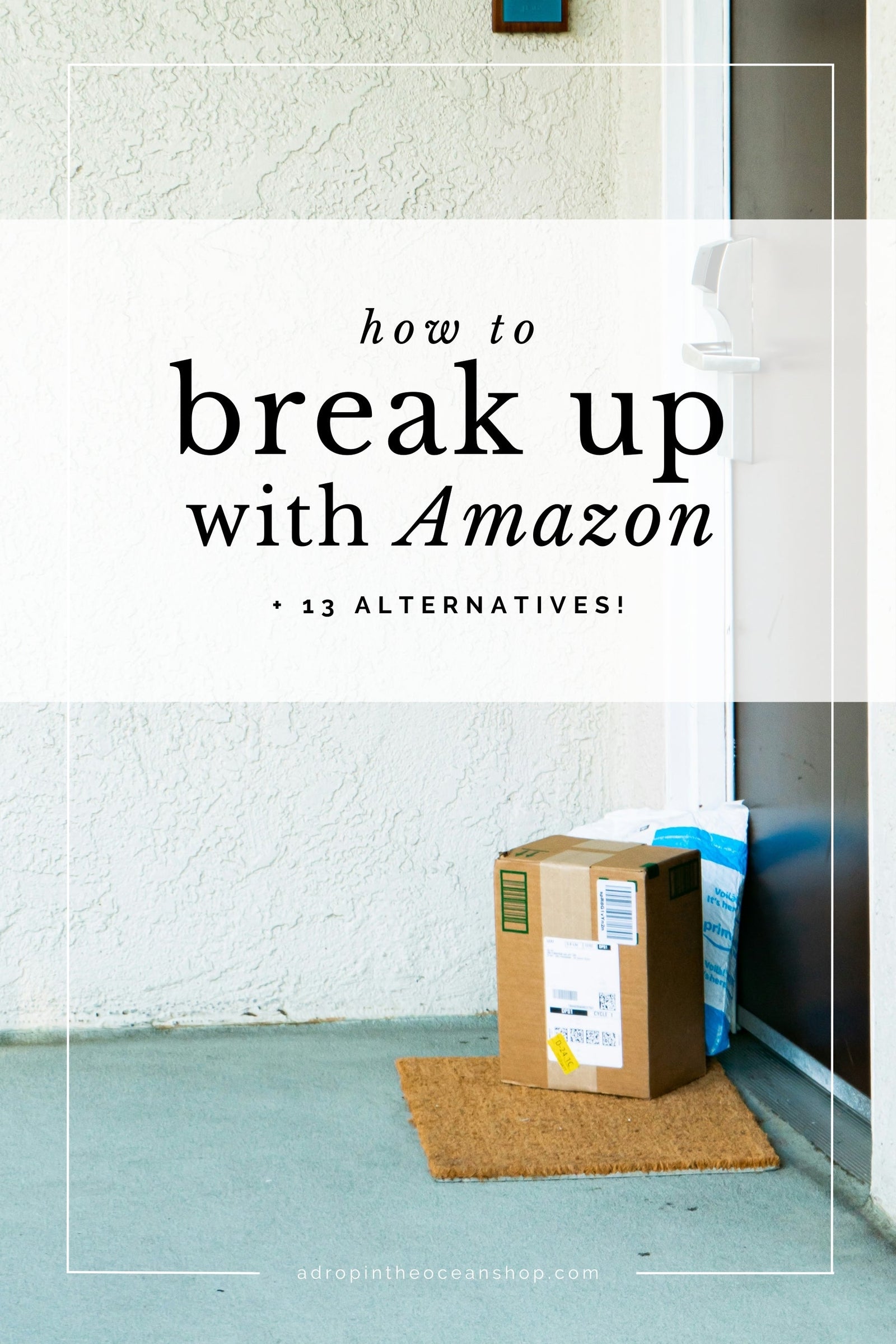
This post first appeared in our weekly Make Waves Mondays email series on October 28, 2024.
Hello there friend!
I gotta let you in on a secret...
This wasn't the post I planned on writing today.
But with the recent Bezos news, I figured it was about time we talk about Amazon again.
(This is a long one! You may wanna listen to this one like a podcast!)
Okay so a few years ago, I posted the following in the EcoWarrior Pod:
Okay, fam, I have a question.
I don't understand Amazon Prime. Like, straight up, my brain cannot understand the appeal. I've never had it, and I've never felt like I'm missing out. I don't find it any more convenient than buying from anywhere else (and I'm one of the laziest people I know), and I still get free shipping on the very rare occasion that I do order from Amazon.
So the other day I chatted with a friend about it, and here's how it went:
Him: "Well, you just don't buy stuff."
Me: "Exactly."
Him: "So that's the difference. You don't need Prime because you don't buy stuff."
Me: "But don't you just buy stuff because you have Prime?"
Him: "Well....yeah."
Me: "So if you didn't have Prime, you wouldn't buy as much stuff?"
Him: "Yeah, but I like Prime because I buy stuff."
Me: "So you're spending money on a membership that does nothing else but get you to spend more money on stuff you don't need?"
Him: "I mean....yeah....but you don't buy stuff so that's why you don't get it."
So you see, friends, it was very circular and I'm still not convinced. Can ANYONE explain the appeal of Amazon? Or the logic? This is a real question, I really want to understand it - I'm not slamming anyone (except Amazon, I'm always slamming Amazon, come at me, Bezos 💪).
I got a lot of really helpful responses, but in the end the thread just led me deeper down my path of avoiding Amazon. And in preparation for today’s post, I did a lot of research. And, honestly, it was really hard. Even as someone who doesn’t shop from Amazon, has never had a Prime membership, and doesn’t understand the appeal, reading the news articles surrounding Amazon and Bezos was infuriating.
But, you know me by now, and you know that I don’t operate out of anger, guilt, anxiety, or despair.
I operate out of hope and for a vision of what our world could be. I’ve got big dreams for the world and I’m not letting them go.
So, yes, first we’re gonna dive a little deeper into the problems with Amazon, but you can be certain that once we’re through that, there’s gonna be a ton of resources and tips to help you break up with Amazon once and for all.
Oh and in true Krystina fashion we’ll have a healthy sprinkling of gifs along the way 😉
Ya ready?
Let’s do this. 👇
Environmental Impact
In 2023 alone, Amazon shipped 5.9 billion pagackages.
That's more than 16,000,000 packages, Every. Single. Day.
16 MILLION. Per day.
And that number has only been increasing every year. (Turns out COVID was great for Amazon...Check out that jump from 2019 to 2020 🙄)

Chart from Capital One Shopping Research
So what does that mean for waste?
These are all very rough numbers and don’t take into account plastic envelopes, but we can produce about 151 cardboard boxes from one tree. That means that every single day in 2023, Amazon was using the equivalent of more than 106,000 trees - just for boxes.
Every.
Single.
Day.
Now, while we know that about 70% of cardboard boxes are recycled, we also know that recycling isn’t the answer to our waste problem, and cardboard boxes can only be recycled five to seven times.
In their 2023 Sustainability Report, Amazon also reported using over 83,000 metric tons of single-use plastics in their shipments - just in 2023.
One of my favorite (lol) parts of this Sustainability Report is on page 29 where they show "100%" in a large font under their "Packaging Actions" section, making you think it's a 100% reduction in something company-wide, but then you keep reading and it says "100% of plastic packaging in one warehouse in Ohio in October was replaced with paper." Sure, one Amazon warehouse probably ships quite a few packages, but Amazon has ~hundreds~ of warehouses...
And what about emissions?
In 2023, Amazon's carbon footprint was 68.82 million metric tons of carbon dioxide equivalent (MMT CO2e).
Apparently, that’s about the same as the entire country of Turkmenistan’s emissions in a year.
We would have to plant more than 1.1 billion trees and let them grow for 10 years to offset those emissions 🌳
And, Bezos announced in late 2020 that he would be donating $10 billion to a new project he created - the Bezos Earth Fund - to fight climate change. This sum of money is the equivalent of just 5% of his net worth and will apparently be spent over the course of a decade (although here we are 4 years in and only $2 billion has been granted...).
In comparison, experts estimate we’ll need somewhere between $300 billion and $50 trillion to solve the climate crisis in the next two decades.
So is $10 billion a sh*tton of money? Yes. Absolutely.
But for someone whose net worth grew by $75 billion in one year and paid literally zero taxes on it, and whose company saw an 84% increase in profit in the middle of a global pandemic, and will be slowly spending this money over the course of a full decade when 5 years ago scientists told us we had just 12 years to solve the climate crisis?
Do better, Bezos.
Do better.
Small Business Impact
Let’s talk about AmazonBasics for a hot sec.
AmazonBasics on the surface seems great for consumers. Lower prices, easy to find on the Amazon listings, quality products (...question mark?...).
But did you know that AmazonBasics is literally preying on small businesses? The ultimate predatory move.
Amazon is a marketplace, ideally for other businesses to showcase their products to consumers who would otherwise not find them. But what’s really happening below the surface is...well, unfortunately, not all that shocking.
Amazon uses its massive access to big data to track what products sell well on its platform.
When they find a product doing well, they’ll turn around, mass produce that exact same item themselves, then use their own technology to boost their product in the listings and push the original product to the bottom.
Yes, this is actually happening. And it’s legal.
Amazon has created, on the surface, a marketplace for businesses around the world, but just below the surface, it is a platform for mining data to put small businesses out of business and profit off their own products in the process.
Do better, Bezos.
Side Note: This is also happening with Shein and Temu.
The number of small businesses and artists I've seen on Threads sharing side-by-side screenshots of their handmade items and the Temu listing that uses literally the small business's images for their knock-offs is absolutely bonkers insane.
I even saw one small business owner sharing a story of how Temu ripped off one of her patterns without providing any instructions and when people reach out to Temu's customer service to get the instructions, they have the AUDACITY to direct them to the artist's Etsy page. So now this person is getting flooded with 1-star reviews (a death sentence on Etsy) and demands for free products. Absolutely insanity.
Please for the love of God do not shop at Temu and Shein 🙏

Information Impact
Audible - an Amazon service - is gatekeeping access to audiobooks through their Audible Originals program. They offer premium rates to authors who publish their audiobooks exclusively with Audible, which obviously incentivises authors to do just that.
This means that no other independent bookstores - OR LIBRARIES(!) - can access these audiobooks.
Amazon literally has a monopoly on certain knowledge and entertainment, and keeps them behind a paywall.
Do better, Bezos.

Social Impact
I feel like Amazon is constantly in the news for its poor treatment of its employees, specifically its warehouse workers (the entire backbone of their company), so I won’t dive too far into this because it’s already everywhere.
But I will highlight two things I learned in my research.
First, Amazon has the highest injury rate among warehouse workers. In 2022, this meant 6.6 accidents per 100 employees working full-time for a year.
In 2021, this number was 6.8, and in 2020 it was 5.9.
And get this:
Amazon warehouse employees make up about 36% of the country's warehouse workers, but is responsible for HALF of all warehouse injuries. Amazon warehouse employees are injured at twice the rate of other warehouses.
As if all of this isn’t bad enough, look at that 2020 injury rate - 5.9%. While obviously it's increased since then, that year was actually a significant DECREASE from 2019, when it was at 7.8 accidents per 100 employees working full-time for a year.
The reason this number decreased?
Because Amazon loosened performance metrics and gave their employees more time to wash their hands.
Read that again.
If more time for employees to wash their hands reduces your injury rate by 24% - wtf are you doing, bro?! How incredibly hazardous are your daily working conditions that just giving people 20 SECONDS to wash their hands reduces their injury rate by that much?!
*deep breath, Krystina*
And second, I’m just gonna copy this quote from a USA Today article from an Amazon warehouse employee who was injured on the job.
“In my warehouse in Tulsa, Amazon distributes a pamphlet to workers that calls us “industrial athletes.” The pamphlet outlines how we should take care of ourselves like professional athletes, and how some positions require us to carry 20,000 pounds or walk 13 miles every day, while burning 400 calories per hour. It recommends we get massages to increase circulation and allow muscles to relax and to eat five to nine servings of fruits and vegetables and lots of fish and nuts.
The thing is, we’re not professional athletes earning millions; we’re regular people who are paid as little as $15 an hour, working 10-hour shifts and forced overtime with little rest in between shifts.”
I have nothing more to say to that.
Oh except, do better Bezos.
COVID Impacts
In 2020, 130,000 independent businesses closed - most of them likely forever. And this number doesn’t even include micro-businesses without any employees (technically ya girl falls in that category).
From April 2019 to April 2020, the number of people who were self-employed dropped by 20.2%.
But when we break that number down even more, we learn that for Black and Asian Americans, that number was 37.6% and 37.1%, respectively. 26% for Hispanic Americans and 22.1% for women.
Shocker, the people least impacted were white men.

While all of this was going on, Amazon’s revenue increased by 38% from 2019 - an increase of $100 BILLION.
And their profit? Well that increased by a whopping 84%. If your revenue (the total amount of money coming into your business) is increasing by 38% but your profit (the amount left over after all expenses) is increasing by 84%... that feels shady.
And while their profit increased by 84%, Audible (aka Amazon) had the AUDACITY to launch a campaign asking bloggers to do pro bono work for them. This one left me speechless. If there is literally any company that should never be asking for pro bono work, it’s freaking Amazon.
Probably how their profit increased by so much…
Do better, Bezos.
Another side note: Since 2020, Amazon's revenue has increased by another 49% - up $188.7 billion from 2020, while their profits have again outpaced their revenue significantly, increasing by 77% from 2020 (amounting to $117.3 billion dollars in profit).

Money savings impacts?
Let’s go back up to my initial conversation with a friend that sparked this whole thing.
I couldn’t understand the appeal of Prime, when it seems to me that the only reason to have Prime is to buy things you don’t really need but want to buy because you have Prime.
Welp. Turns out this isn’t just in my head.
Amazon Prime members actually spend about $1,300 every year on Amazon. Toss on $139 for the membership itself and you’re looking at almost $1,500 every year.
On the flip side, the average consumer spends about $450 a year.
So, like, is that free shipping really saving you money? Or is Bezos convincing you to spend MORE money because, well, “free” shipping?
According to CNBC, "33% of Americans believe they’ve spent more money on Amazon this year than they have in their savings account."
So I'll let you be the judge, friend.
Speaking of free shipping…
I have to put this out there, too. Free shipping isn’t really free. And it’s killing small businesses.
Amazon has put this expectation into the world that everything should ship free and ship fast.
And Amazon can do that pretty well because they run their employees ragged and do most of the shipping themselves - or use Amazon Flex where everyday people deliver their packages for them and pay for gas, insurance, and taxes out of pocket.
But small businesses… We rely on services like USPS to deliver your packages to you. And they charge us for it (as they should; they have people and bills to pay, too). And depending on where we ship and how heavy or how large our products are, that can get expensive.
But if we don’t offer free shipping, our businesses are less likely to survive. So we either have to eat the cost (with typically small margins on our products to begin with), or we have to raise the prices of our products to compensate for the price of shipping.
It’s the cost of doing business, yes, but the point here is that free shipping isn’t actually free.
Someone is paying for it, and Amazon has made this cost of doing business even more costly for small businesses.
Also...in the case of Amazon Prime, you’re already paying for the price of the membership so free shipping is definitely not free anyway.
Marketing psychology is fascinating. But that’s a whole ‘nother topic for another day.
Now, the part you really came here for....
How to break up with Amazon
Okay, enough of the bad. Let’s move onto some tips and resources for finally ditching Amazon and cancelling your Amazon Prime subscription once and for all.
Pledge to Shop 1 in 5
Sometimes, we just gotta make the decision to do something, right?
Well, back in 2020, after the havoc COVID wreaked on small businesses, the women behind The Product Boss podcast launched the “Shop 1 in 5 Pledge.” The Shop 1 in 5 Pledge encourages us all to make just one in five of our purchases from a small business - whether online or offline.
One in five is doable, right?
Maybe it’s shopping at the mom and pop grocery store in town, maybe it’s a dinner out at a local restaurant with your S.O., maybe it’s a cozy handmade candle and a bottle of facial serum for the overworked friend that needs a little “me” time.
Whatever it is - will you take the pledge to make one in five of your purchases from a small business?
When you buy from a small business, a real person does a real happy dance. You’re helping them pay rent, send their kid to dance lessons, care for their parents, and further support local economies.
Seriously...just ask my partner how excited I get every time I hear that little 🍾🍾🍾 notification come through on my phone. It's an EVENT.
Jeff Bezos doesn’t do a happy dance when you order from him. No, siree.

What if I want to send a gift?
The most common response I got to my question was that it was easy to send gifts to friends and family from Amazon.
But remember that happy dance I mentioned? Yeah, at least for me, that happy dance is even bigger when I see an order with a note that says “This is a gift! Can you include a note that says [message]?”
HECK YES I WILL DO THAT FOR YOU! And I will do it with the goofiest grin on my face 😁😄
You see, my friend, it is an honor to receive an order in my shop. Truly, an honor.
But when you order something as a gift for someone else… omg. It’s the best feeling in the world. Because that means that not only do you like the products I’ve curated here, but you like them so much you want to share them with a friend. THAT’S HUGE.
That is - omg - the biggest compliment and such an honor. I’ll hand-write that note any day.
Like, I’m excited just thinking about these moments.
Obviously, I can’t speak for every small business owner, but I know I can’t be the only one that feels this way.
And you’ll only get that from small businesses.
You could even reach out with a budget and a theme and I’ll put together a gift pack for you. And again, I know other small businesses that will do the same.
Gifts are the bestest.

Breaking the Habit
Okay, friend. You’ve got the resources now. But let’s back up for a second.
Remember how I said Prime members spend about $1,500 a year at Amazon compared to non-members who spend about $450? Turns out Amazon addiction is a real thing.
And as we strive to live lighter on the planet, we need to remember that we cannot consume our way into a sustainable future. Even if the things we’re buying are “eco-friendly,” they become less eco-friendly if we could have done without it in the first place.
Remember the 6 Rs of Zero Waste?
Rethink
Refuse
Reduce
Reuse
Recycle
Rot (compost)
Those first three are all about bringing less “stuff” into our lives in the first place.
Kathryn Kellogg over at Going Zero Waste has a 30 day rule. If she thinks she wants something, she makes herself wait a full 30 days before buying it. This way, she knows whether she actually wanted or needed it, or if it would have been an impulse buy.
Can you give this a try for a month, too? Maybe even start with waiting two weeks, instead of a full month. See how it goes!
And while you’re perusing the virtual Amazon shelves, ask yourself these questions:
- Do I really need this particular item right now?
- Do I already have something I can use in its place?
- Can I get it from my local Buy Nothing group?
- Can I borrow it?
- Can I find it secondhand?
- Can I buy it somewhere else?
- Can I buy it directly from the brand?
- And most importantly...Is buying this item from Amazon worth supporting Amazon’s harmful practices - for both planet and people?
Alternatives to Amazon + Where to Find Small Businesses
I’ve pulled together some of my favorite alternatives to buying from Amazon, to make it as easy-peasy as possible to start.
First, hello! I'm Krystina and I'm the owner and founder of this small business right in front of you - A Drop in the Ocean. We've got all of the sustainable essentials to keep your life fun, beautiful, and simple - everything from laundry detergent to toothpaste.
For everything else you might need, check out these awesome alternatives to Amazon:
- GoodBuy - a database and Chrome extension that provides links to alternatives from small businesses when you're shopping on a large retailer website
- Beni - a database and Chrome or Safari extension that uses AI to find secondhand versions of the clothes you're shopping for online
- Buy Nothing group
- Your local library - many libraries have audiobook options, too!
- Libby - an app that connects to your library for e-books and audiobooks
- Hoopla - another app that connects to your library for e-books and audiobooks
- Local independent bookstores - if you read books, please help keep these in business!
- Bookshop.org - an online bookstore where each purchase gives back to indie bookstores
- Libro.fm - an Audible alternative app that lets you buy audiobooks directly from your local bookstore
- A tool library - we’re super lucky to have one of these in Tacoma - maybe your city has one too!
- Friends and family
- Coworkers - I got my food processor by asking in an inter-office communication board if anyone had one lying around they didn’t want.)
- Facebook Marketplace
- OfferUp
- Etsy
- Imperfect Foods* - a grocery delivery service (*use this link to save $10 on your first order)
- Go directly to the vendor you find on Amazon
If you have any resources to add to this list, please comment below and share with everyone! I’d love to hear more ideas.
And lastly...I'll leave you with this 'lil nugget I saw on Threads the other day:

*phew* Dang, that was a lot. How are ya feeling? Hopefully empowered and excited to start breaking up with Amazon!
If you’re ready to start, I wanna hear how it goes! I’d love to hear any progress or breakthroughs you have. Can I please celebrate with you?!
Alrighty, my friend. I’m tired of typing now 🤣 So I’m gonna go get some ice cream from a local shop, and I’ll see you next week.
Sources + Additional Reading:
Forbes: Amazon’s Net Profit Soars 84% With Sales Hitting $386 Billion
LinkedIn: How to support small businesses selling on Amazon
The Atlantic: Stop Believing in Free Shipping
Mashable: Elizabeth Warren is coming after AmazonBasics. Why Amazon shouldn’t fight it.
Mel Magazine: The Unsettling Psychology of an Amazon Prime Addiction
Philanthropy News Digest: Bezos Earth Fund names president and CEO, will spend down by 2030
SBA: The Effects of the COVID-19 Pandemic on Small Businesses
Statista: Average annual amount spent on Amazon according to U.S. Amazon Prime and non-Prime members as of March 2019
The Morning Call: Amazon workers left out in the cold
The Wall Street Journal: Covid-19’s Toll on US Businesses?
USA Today: Hoisting heavy bins, racing the rush of orders, Amazon doesn’t keep employees like me safe
Wired: Jeff Bezos wants to fix climate change. He can start with Amazon.
Related:
Did France Just Ban Fast Fashion?
The Environmental Impact of Online Shopping
How sustainable (and ethical) is Blueland?
What happens to all of the stuff we return?


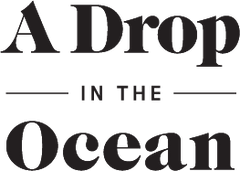


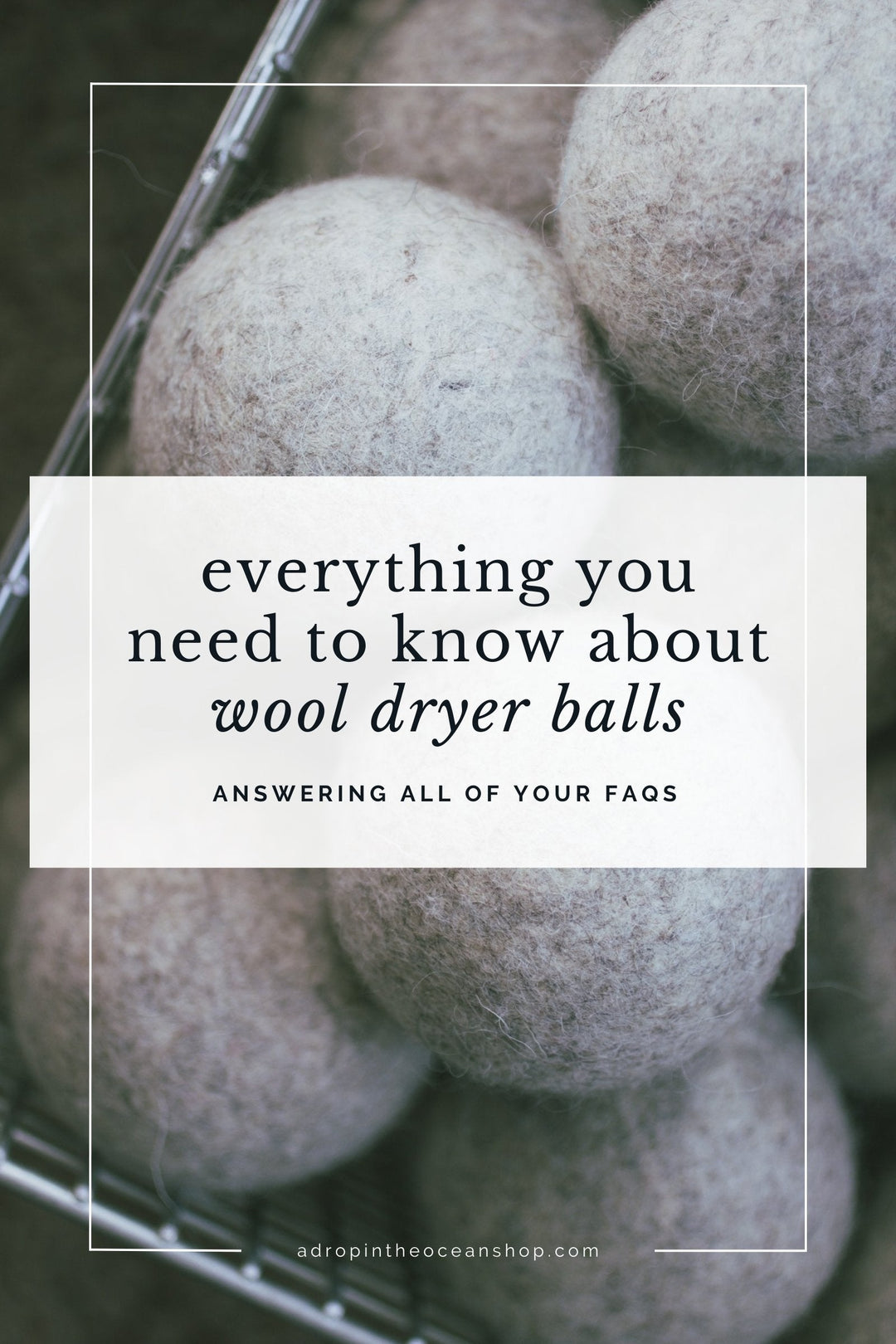
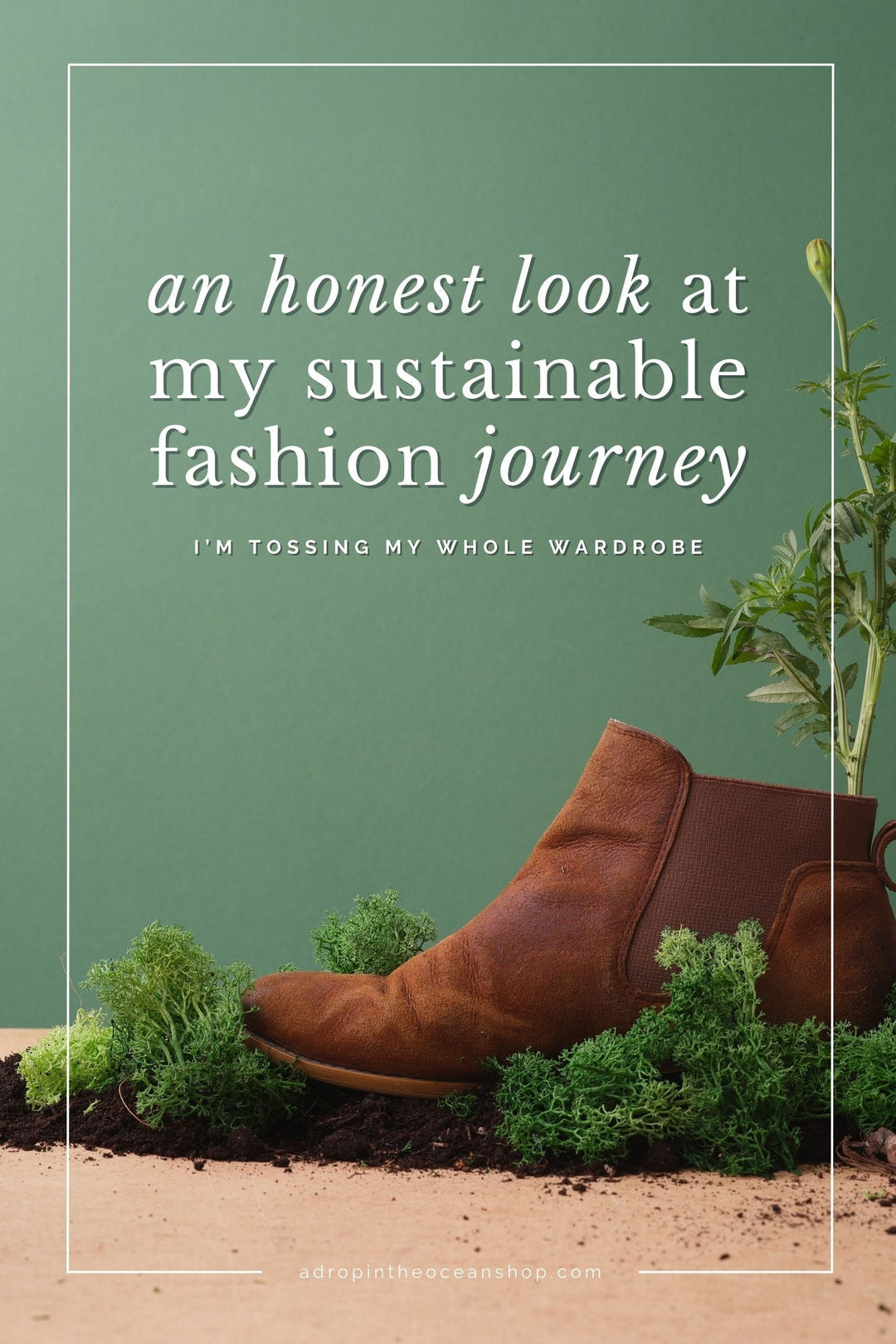
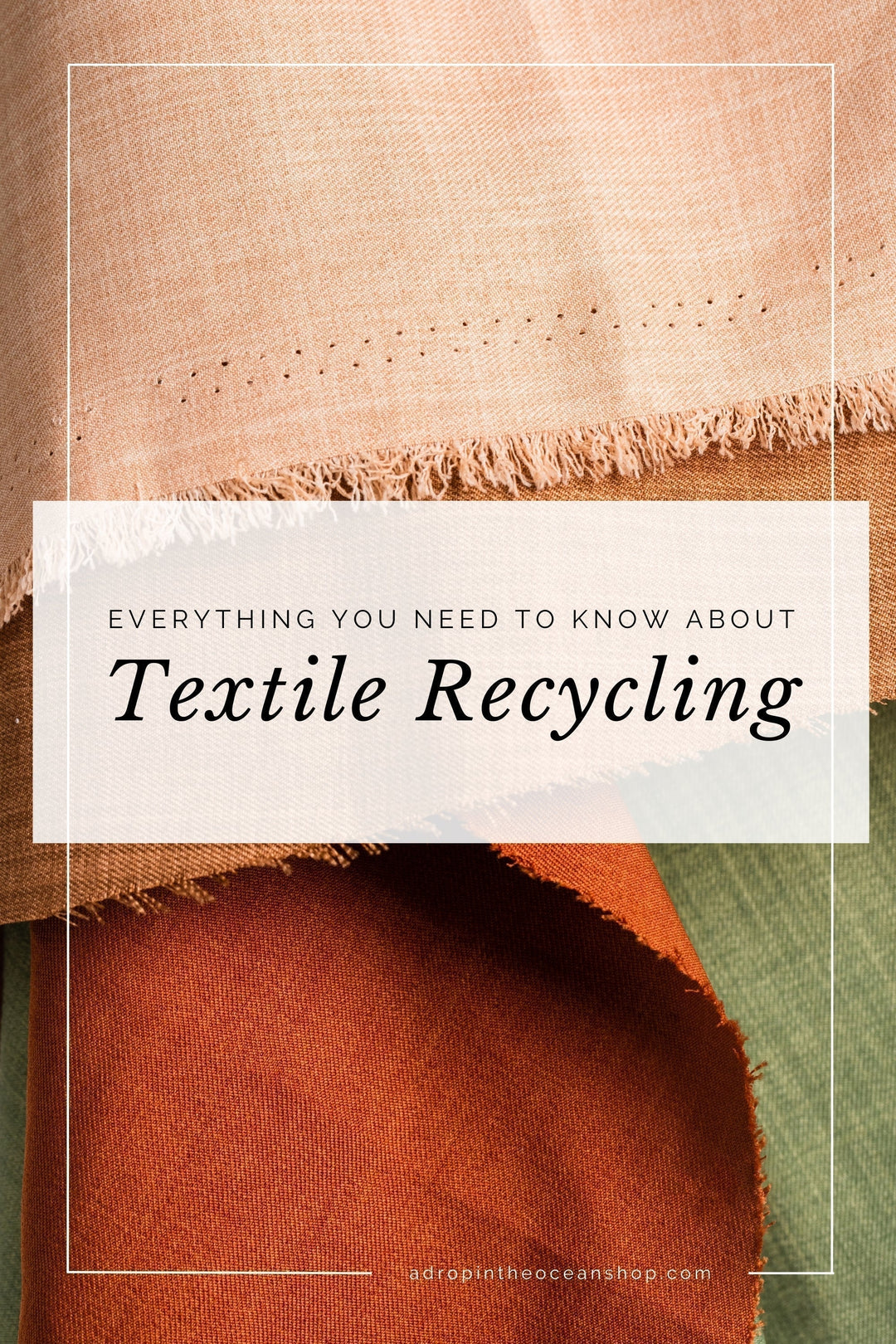
I would love to break up with Amazon, but sadly my number one purchases from them comes in the forms of books either in audio or ebook format and they make thousands off me in a year from that. Unfortunately, there isn’t a place where I can get the books I read on a regular basis besides Amazon. A lot of the indie authors I read from do have their own websites to buy through and I have purchased from them, but there are also a good deal of them that don’t and Amazon is the only place they sell. I even had an author begging not to give up reading on kindle unlimited one time when people were mad at Amazon because that is where she makes 90% of her money.
THANK YOU for this article. It’s so comprehensive and articulates all my thoughts and feelings about Amazon and Bezos. I’ve been Amazon free for about two years now and it feels so good to support local businesses and to know that I’m helping turn the tide on this gross company. When we look back in the years to come, I’m confident that Bezos will be the modern day equivalent of the Slave traders that we look at today and say, “how could they?”
I hear you, Brittany. It is hard coming from a rural area and not having as many resources, but most small businesses provide shipping and I’ve found that people will just as excitedly open up a picture of “something that’s coming in the mail for them” than an Amazon package. Stay strong! I have hope you’ll make it to 2022 Amazon free!
I’m sending this article to all my friends and family.
I’ve been trying to quit Amazon for a couple years now and have searched high and low for how-to guides like this. There are a lot of great suggestions here – buying secondhand (online shops like ThredUp, Mercari, Poshmark, Kidizen are my g-to’s before buying anything new!), and the Library/Libby app is really great!
My biggest challenge is that we live in a very rural area, we do not have local gift shops, clothing stores, etc. So when my children get invited to birthday parties last minute, that 2-day shipping is what saves us! There simply isn’t the time to drive 120 miles round trip to get a gift in time for the event. Because we’re so isolated here, we also don’t have a Buy Nothing group (and from what I understand, the success of those would largely depend on the amount of members in the groups), selection at our local grocery store is quite limited, that sort of thing. Also, we don’t have cable, and stream everything. Amazon Prime keeps us entertained :) I am planning to switch to alternatives, but it is something that was not mentioned in your post. Amazon provides us access to a lot of things we wouldn’t otherwise have easy access to, and that’s what I have struggled to find viable replacements for. My membership expires in November though, and it’s my goal to have it all figured out by then. I would love nothing more to start 2022 free from Amazon!!
Leave a comment